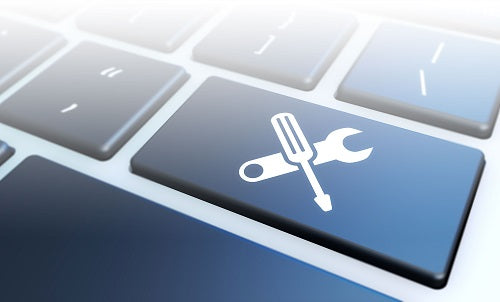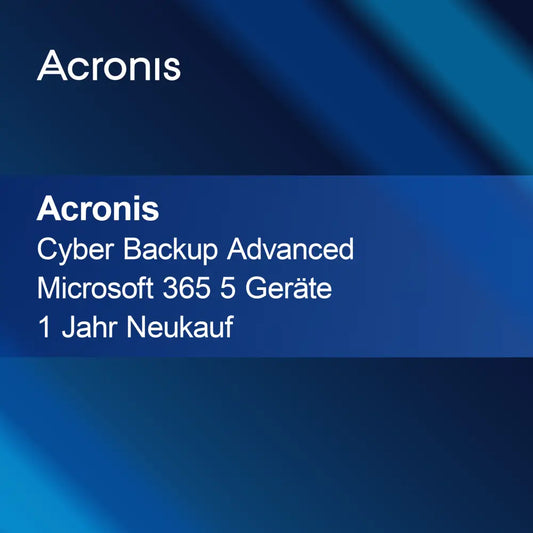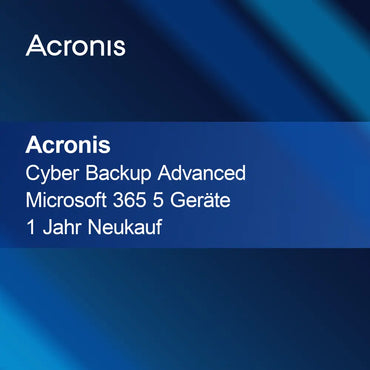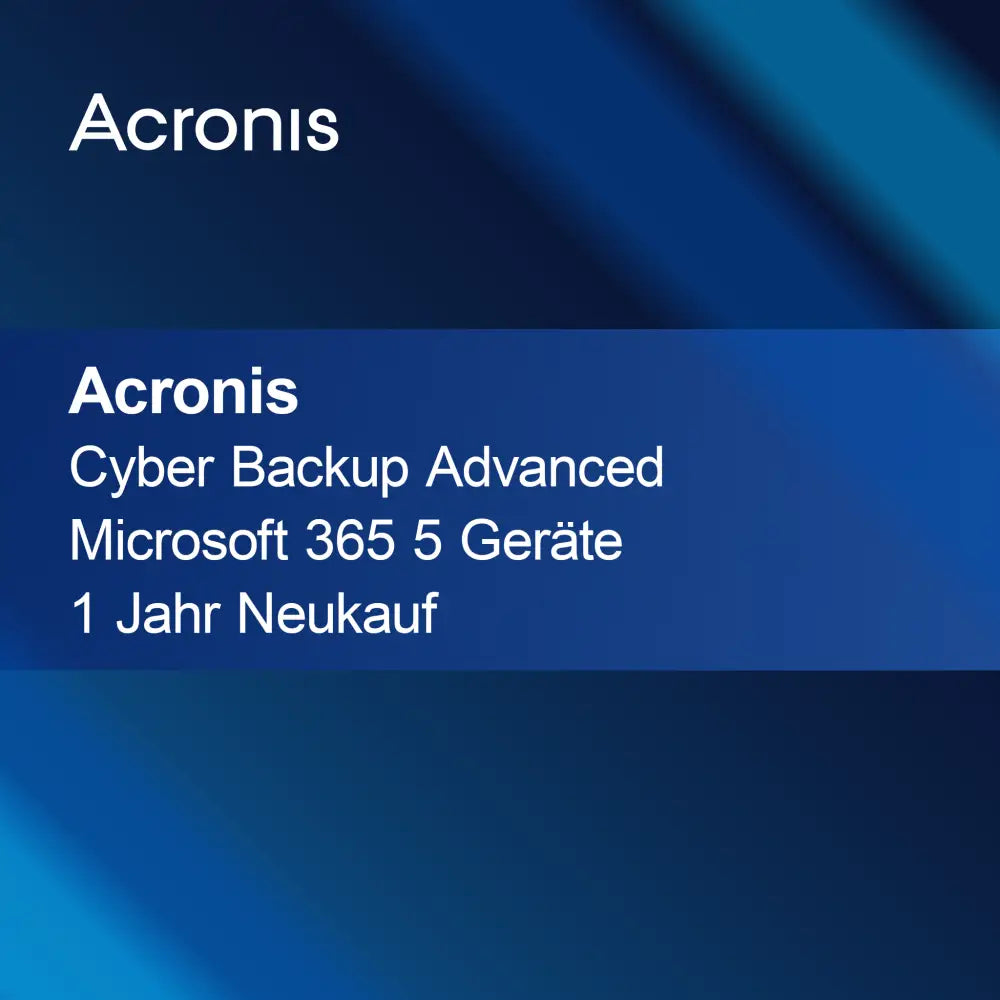No products found
Use fewer filters or remove all
Disk Management
What is disk management and why is it important?
Disk management refers to the organization and administration of data on your hard drive. It is crucial to ensure that your computer operates efficiently and that you can access your data at any time. Well-planned disk management helps to use storage space optimally, improve performance, and ensure the security of your data. By regularly managing your hard drive, you can avoid issues such as data loss or system slowdown.
What functions does disk management offer?
Disk management includes various functions that help you organize your data effectively. These include creating, deleting, and formatting partitions, monitoring storage space, and defragmenting hard drives. These functions allow you to optimize your system's performance and ensure that your data is safe and easily accessible. Regular maintenance can also help extend the lifespan of your hard drive.
How can I manage my hard drive?
To manage your hard drive, you can use various tools and software solutions integrated into most operating systems. These tools offer a user-friendly interface to create or modify partitions, analyze storage space, and defragment the hard drive. It is advisable to perform regular checks to ensure that your hard drive is functioning optimally and to detect potential problems early.
What should I consider when partitioning my hard drive?
When partitioning your hard drive, it is important to carefully plan the size and purpose of each partition. Consider what data you want to store and how much space you need for it. A sensible division can make managing your data easier and improve your system's performance. Make sure to regularly back up important data before making changes to the partitioning to avoid data loss.
- Creating and deleting partitions for better data organization
- Monitoring storage space to avoid shortages
- Defragmentation to improve hard drive speed
How can I back up my hard drive?
Backing up your hard drive is an important step to prevent data loss. You can use various methods, such as external hard drives, cloud storage, or backup software. It is advisable to perform regular backups to ensure that your data is always protected. Make sure to also back up important files and folders that are not included in the standard backup routine to ensure comprehensive protection.
Which tools are recommended for hard drive management?
There are numerous tools for disk management that can help you organize your data efficiently. Many operating systems offer built-in features that cover basic tasks. Additionally, there are specialized software solutions that provide advanced functions such as data recovery or detailed storage space analysis. Learn about the different options to find the right tool for your needs and optimize the management of your hard drive.
How can I tell if my hard drive is defective?
Signs of a faulty hard drive can include slow loading times, frequent crashes, or unexpected error messages. If you hear unusual noises or data is no longer accessible, this could also indicate a problem. It is important to take such symptoms seriously and carry out a check immediately. Hard drive diagnostic tools can help you check the condition of your hard drive and, if necessary, take measures to recover data.














